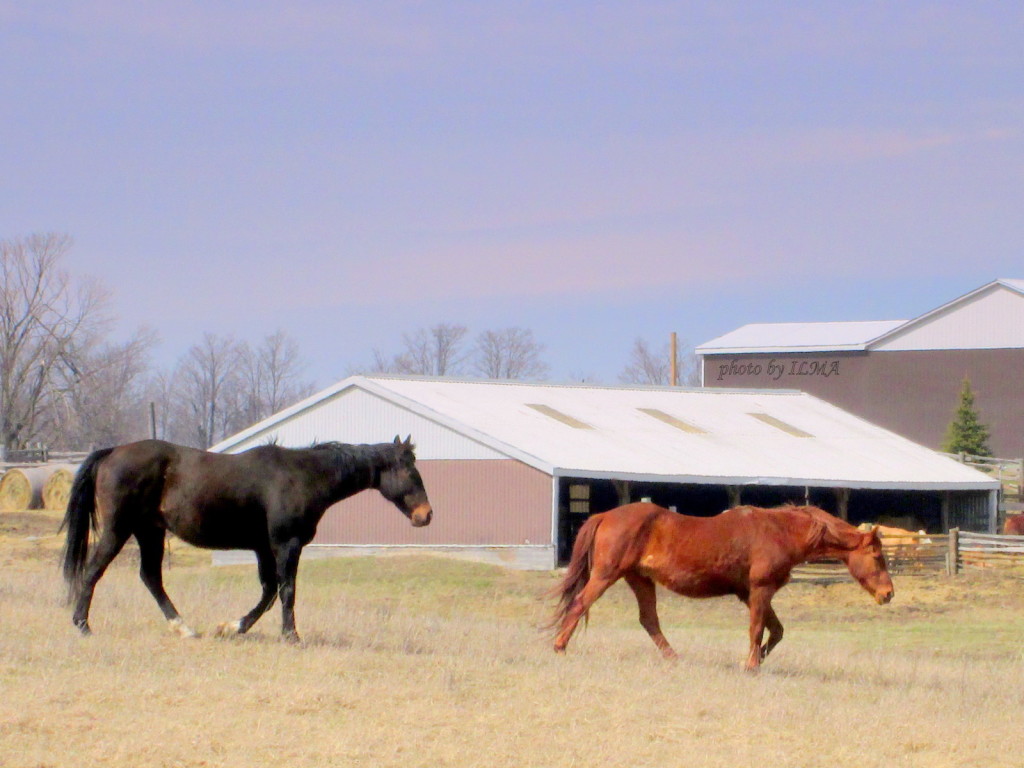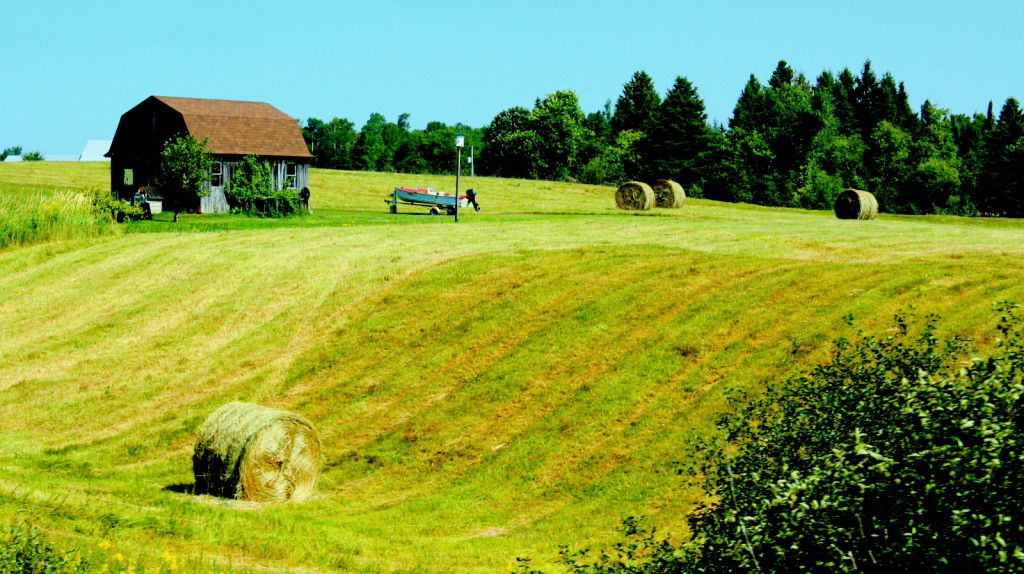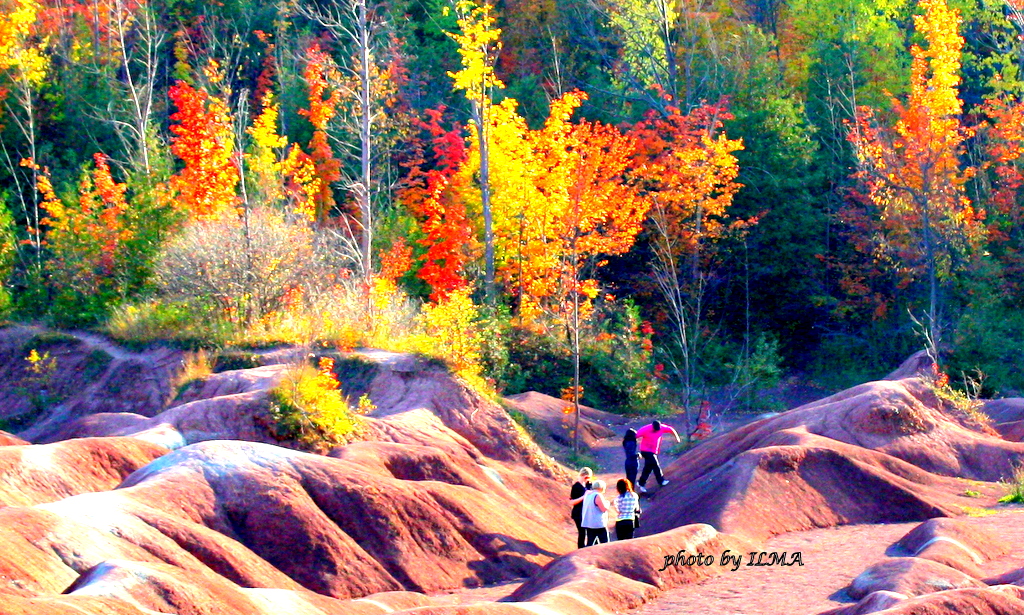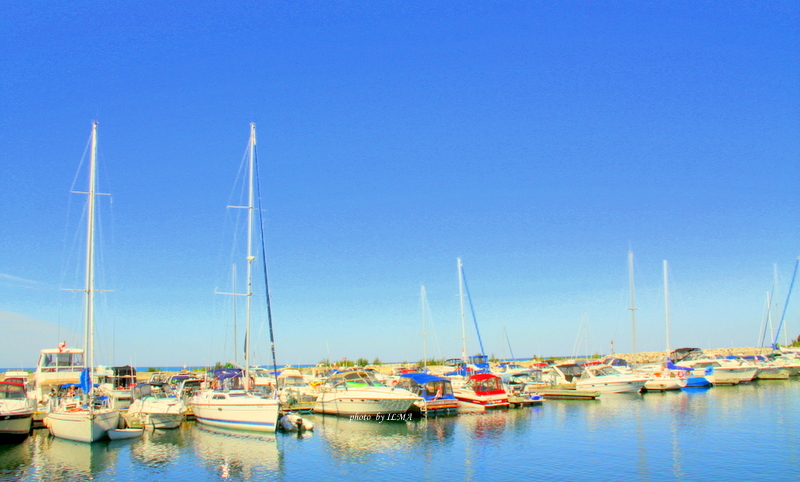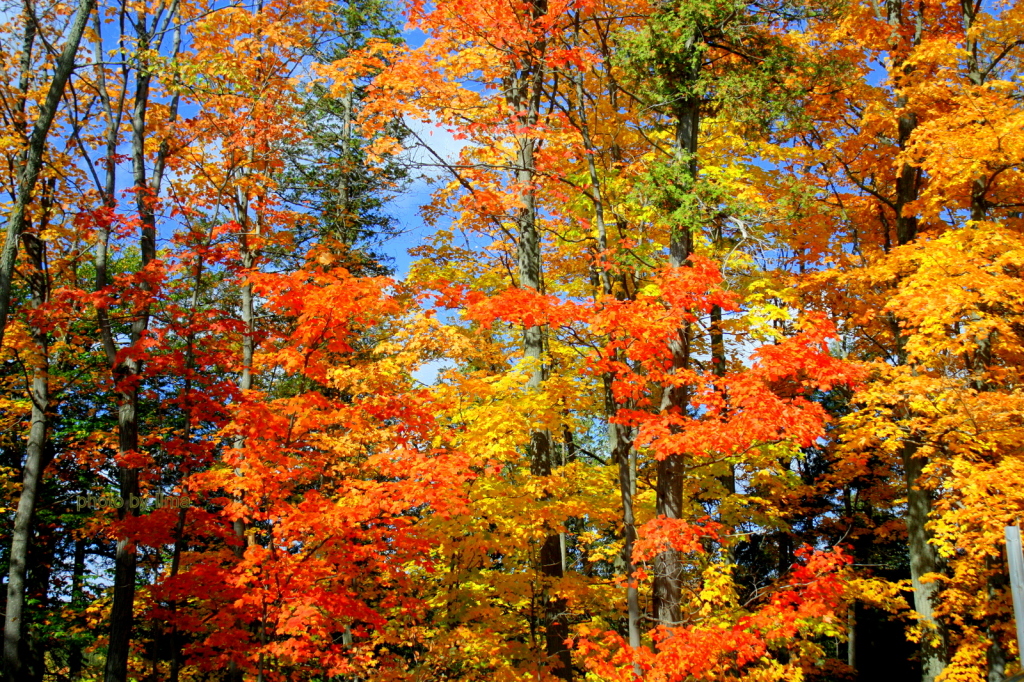PROVERBS 2
My son, if you receive my words
and treasure up my commandments with you,
2 making your ear attentive to wisdom
and inclining your heart to understanding;
3 yes, if you call out for insight
and raise your voice for understanding,
4 if you seek it like silver
and search for it as for hidden treasures,
5 then you will understand the fear of the Lord
and find the knowledge of God.
6 For the Lord gives wisdom;
from his mouth come knowledge and understanding;
7 he stores up sound wisdom for the upright;
he is a shield to those who walk in integrity,
8 guarding the paths of justice
and watching over the way of his saints. – Proverbs 2:1-8
PROVERBS 2 ON TREASURING GOD’S WORD AND HIS LAWS
A poem by ILMA inspired by these verses
When one accepts the laws of the Lord and follows it
They are inclined to be attentive to wisdom and insights
If you search for “understanding” like it is a hidden treasure
Then you will come to know God and begin to fear him.
Treasuring God’s word and his laws brings promises. In verse 5, the promise of understanding the fear of the Lord and finding the knowledge of God is one of those benefits that a truth seeker will receive. In verse 6, God promises wisdom in such a way that they will be able to speak wisely and understand his truth. In verse 7, his promise to enrich the righteous with lots of sound wisdom and integrity. In verse 8, God promises protection and justice and guidance to all those who live uprightly. So, how come some Christians fail to treasure God’s word and his laws as if it were a prized possession? We live in a corrupt world where we are in constant battle with our own flesh and the devil.
REFLECTION
- Share the ways you manifest treasuring God’s laws and his word.
